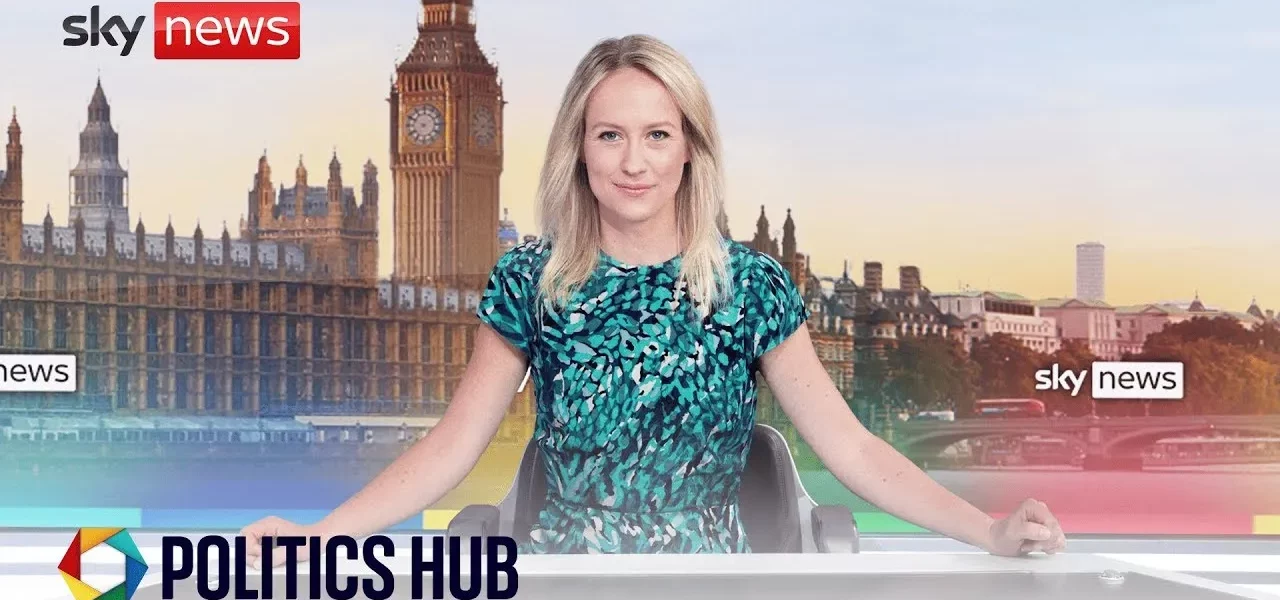Instagram Launches New Teen Account to Protect Young Users

In a crucial move to enhance online safety for younger audiences, Instagram has introduced a new teen account feature aimed at protecting users under the age of 16. This article delves into the implications of this initiative, the political context surrounding social media regulation, and the ongoing global challenges in the realm of climate change and political tensions.
Introduction
The digital landscape has evolved dramatically in recent years, leading to increased scrutiny over the safety of children online. Social media platforms like Instagram are at the forefront of this debate, as parents and regulators express concerns about the mental health impacts of these platforms on the youth. The recent introduction of a new teen account feature by Instagram is a response to these concerns, but the effectiveness of such measures remains to be seen. This article aims to explore the broader implications of this initiative alongside the political climate in the UK and global issues such as climate change and escalating tensions in the Middle East.
Instagram’s New Teen Account Feature
Instagram’s decision to launch a new teen account feature is a significant development in the ongoing discussion about online safety for children. The platform aims to create a safer environment by implementing several measures:
- Privacy by Default: Accounts for users under 18 will now be private by default, preventing unwanted interactions.
- Restricted Notifications: Teen users will not receive notifications from 10 PM to 7 AM, promoting healthier online habits.
- Parental Controls: Parents will have visibility into their children’s messaging activities, ensuring better oversight.
These changes are welcomed by many parents; however, experts argue that without proper enforcement of age verification and parental engagement, the measures may fall short of their intended protective goals.
The Role of Parents and Guardians
While Instagram’s new features can help mitigate risks, parental involvement is crucial. Parents must actively monitor their children’s online activities and set clear guidelines regarding social media use. The responsibility cannot solely rest on the shoulders of social media platforms.
Political Context and Regulatory Pressure
The introduction of the new teen account feature coincides with increasing governmental pressure on social media platforms to enhance user safety. In recent discussions, politicians have highlighted the need for stringent regulations to protect children from harmful content:
- Legislators are pushing for comprehensive online safety laws to hold platforms accountable for user safety.
- Concerns over mental health issues among teenagers, particularly among British girls, have driven these discussions.
- Political figures argue that social media companies must prioritize user safety over profit, especially in light of tragic incidents linked to online harassment.
As the political landscape shifts, the pressure on social media companies to comply with regulatory standards intensifies, forcing them to reassess their policies and practices.
Global Tensions and Climate Change Initiatives
In addition to the discussions surrounding social media, global tensions have escalated, particularly in the Middle East. Recent reports from Lebanon indicate a significant security breach involving Hezbollah, with accusations directed at Israel. This incident underlines the fragile state of security in the region and raises questions about international relations and military strategy.
Climate Change and International Cooperation
While political tensions simmer, climate change remains a pressing global issue. The UK’s Foreign Secretary has recently emphasized that climate change will be central to British foreign policy. Key points include:
- The establishment of a Global Clean Power Alliance to support clean energy initiatives.
- Increased funding to help developing countries transition away from fossil fuels.
- Commitment to meet previously pledged financial goals, despite budgetary constraints.
Despite these announcements, skeptics question the effectiveness of such initiatives without additional funding, highlighting the need for a robust approach to climate action.
Conclusion
As Instagram implements new measures to protect younger users, the conversation around online safety continues to evolve. The interplay between social media regulation, political pressure, and global challenges such as climate change and security threats underscores the complexity of these issues. To truly foster a safer online environment, collaborative efforts between social media companies, governments, and parents are essential. Engaging in dialogue and advocating for comprehensive policies will be crucial in addressing these pressing concerns.
Call to Action: Stay informed about the developments in online safety regulations and consider advocating for stronger measures that protect our youth in the digital landscape. Engage with your local community and discuss the importance of mental health and safety in the age of social media.
“`




